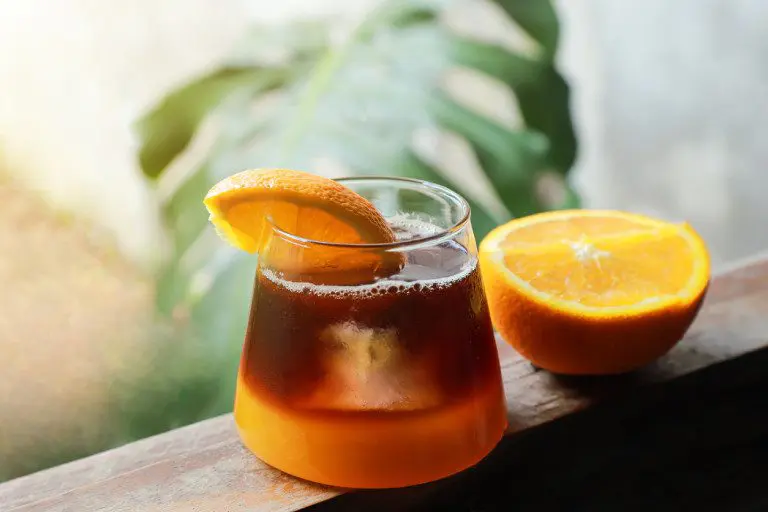It sounds almost paradoxical, but it is Great Britain with companies like We Love Lucid (“We love a clear mind”) that is considered the leader of a phenomenon that is gaining strength and supporters – sober tourism, or dry tripping.
Because – if we continue with the imported terms – we usually associate British tourists with pub-crawling, balcony-hopping and people driven to a helpless state by drinking, roaming the streets of the resorts of southern Europe – from Sunny Beach to the Costa del Sol.
And perhaps because of this, young residents of Great Britain show less and less interest in alcohol and drunken tourism.
The country’s Generation Z is shaping up to be the most sober on the Island, and according to a YouGov survey, almost 40% of 18-24-year-olds there don’t touch alcohol. We associate the British with this, but things are gradually changing.
The trend is complemented by surveys overseas, where Gallup found in 2023 that as many as 52% of people in the 18-34 age group in the US believe that moderate alcohol consumption is harmful to health.
For comparison, 39 percent of people aged 35 to 54 and only 29% of those over 55 think so.
Moreover, attitudes change quickly – 5 years earlier, only 34 percent of the youngest considered moderate drinking to be a bad thing.
And some more dry statistics – from the latest StudentUniverse report, which deals with the travel attitudes of the youngest. For it, 4,000 students from the USA, UK, Canada and Australia aged 18 to 25 were surveyed.
A whopping 83% say they would consider a holiday abroad without any alcohol – given that this is the group where, until recently, ‘travel’ was synonymous with ‘party’ and ‘clubbing’.
Among the main reasons for liking sober travel, students cite the likelihood of getting into dangerous situations if they drink, the preference to spend money on other things, and the desire not to screw up the next day. According to more and more people, it can be fun without alcohol.
“It’s not so widely accepted anymore that you have to drink alcohol to have fun. People are starting to challenge that narrative, so there’s a rise in demand for non-alcoholic drinks, events and entertainment,” says Lauren Burnison, founder of We Love Lucid , quoted by “Euronews”. Lauren herself stopped drinking years ago.
According to the US company Expedia, which supports ticket and hotel search platforms, “sober travel” is among the hottest trends for 2024.
“Today’s tourists are more interested in making memories than trying to remember what they did – over 40% say they are likely to book a detox trip,” according to the company, which also studied traveler attitudes.
The idea can also be described like this – people prefer to see the sunrise because they wake up early for an excursion or hike, not because they are just coming home.
“The mindset of “You only live once, I’ll drink everything I see” is being replaced by the idea that our free time is valuable,” commented Rhiannon Jones, an analyst at the consulting company Kantar.
There is still a lot of logic in this – without overdoing alcohol, tourists can get a lot more out of their vacation – see more places, instead of sleeping until noon and suffering from a hangover all day, rest better – and physically, both mentally and emotionally, and to pay less money by not going around bars and pubs.
Plus, travel itself is physically demanding — especially if it’s a long drive or long, transoceanic flights. Alcohol, even in small amounts, can only harm recovery and adaptation.
There are also psychological benefits to not drinking while traveling.
Alcohol acts as a depressant and without it people are more likely to enjoy their holiday, Victoria Waters, co-founder of Dry Atlas, which offers alternative drinks, told the BBC.
That is, large and regular amounts of alcohol can lead to anxiety and depressive symptoms, which is the last thing a person wants from their vacation.
From a business point of view, the trend leads to an increase in the supply of mocktails – non-alcoholic cocktails, and the appearance of all kinds of non-alcoholic beers and wines, which can be found in more and more hotels, restaurants and even on cruises.







